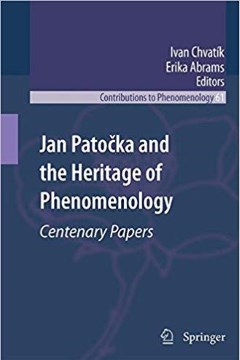Repository | Book | Chapter

(2011) Jan Patočka and the heritage of phenomenology, Dordrecht, Springer.
The basic intention of this paper is to approach the phenomenon of violence from the perspective of Jan Patočka's "a‑subjective phenomenology." Violence is a "boundary phenomenon" that has not yet been adequately analyzed within the phenomenological tradition. Its analysis requires a revision of phenomenology. Such a revision can be found not only in recent approaches, but already in Patočka's conception. His basic ideas, deriving from a strong critique of both Husserl's subjectivism and Heidegger's anti-intellectualism, are here reassessed in this sense. In this context, I use Patočka's insights concerning the "phenomenal field" and the "movement of human existence" to develop a phenomenological analysis of the various ways in which violence affects the self: by destroying incorporated patterns of understanding, by oppressing the meaningful frameworks of our pre-given life-world, and, finally, by undermining our initial trust in the other.
Publication details
DOI: 10.1007/978-90-481-9124-6_11
Full citation:
Staudigl, M. (2011)., Destructed meaning, withheld world, shattered "we", in E. Abrams & I. Chvatík (eds.), Jan Patočka and the heritage of phenomenology, Dordrecht, Springer, pp. 135-151.
This document is unfortunately not available for download at the moment.


